According to AFP, the thirst for water is literally what is happening in the capital Montevideo of Uruguay. To solve this situation, local authorities are forced to urgently search for water sources.
For days now, the noise of heavy drilling equipment in the 60-hectare Batlle Park, known as Montevideo's "green lung", has become familiar to residents here. Workers from the state-owned water company OSE are working to tap groundwater to supply hospitals and schools in the area. "There is always a plan B. We are drilling for groundwater in Montevideo because of the water crisis," AFP quoted geologist Valeria Arballo, who oversees the groundwater search, as emphasizing.
As Uruguay’s most populous city with 1.8 million people, Montevideo has long relied on surface water. However, the three-year drought has been the city’s worst in 70 years. So OSE decided to tap into its groundwater. Two new wells, 42m and 90m deep, have been put into operation. The water from these wells is treated before being distributed to residents.
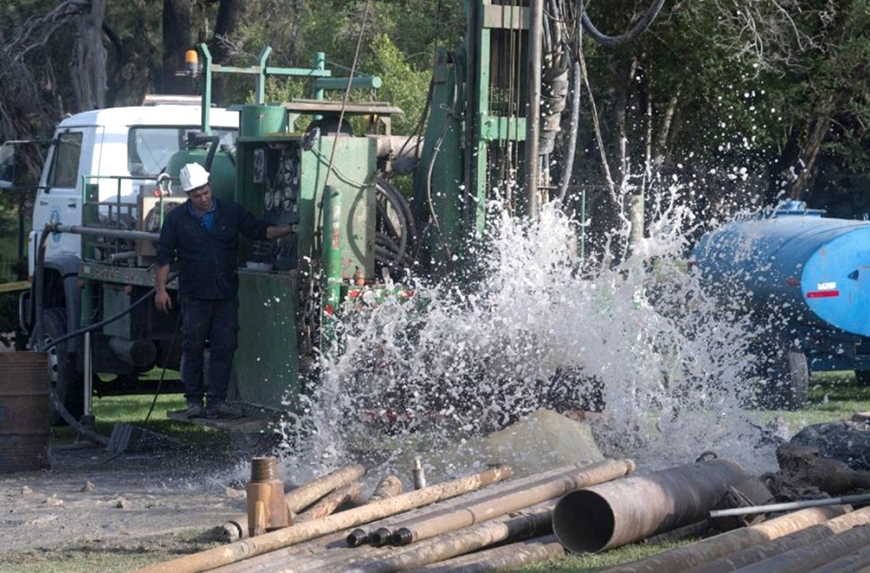 |
| Workers of the state-owned water company OSE drill a well to find groundwater in the capital Montevideo, Uruguay. Photo: AFP |
The Montevideo government plans to drill more wells if the water shortage remains at the current alarming level. AFP reported that Montevideo's main source of fresh water, Lake Paso Severino, 85km north of the capital, will soon dry up if it does not rain. The water level in the lake is at an all-time low. At one point, the lake had only 4.4 million cubic metres of water left compared to its full capacity of 67 million cubic metres. Meanwhile, the South American country's capital consumes an average of 550,000 cubic metres per day.
To prevent the prospect of running out of fresh water, OSE mixed brackish water from points near the Plate River with water from the Paso Severino Lake, causing consumer dissatisfaction. In addition, the city's health department extended an emergency permit for sodium and chloride levels in the water higher than previous standards until July 20. They also allowed an increase in the index of trihalomethanes (THMs) - chemical compounds that form when water is disinfected with chlorine and are harmful if consumed for many years. "Increasing THMs for 45 days certainly does not affect people's health," AFP quoted Uruguayan Health Minister Karina Rando as saying in a statement explaining the decision.
Khanh Ngan
Source


![[Photo] Keep your warehouse safe in all situations](https://vphoto.vietnam.vn/thumb/1200x675/vietnam/resource/IMAGE/2025/10/1/3eb4eceafe68497989865e7faa4e4d0e)





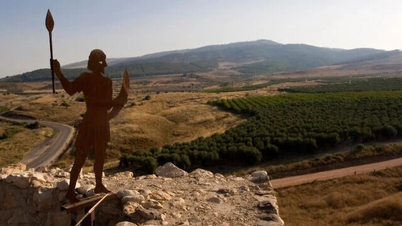



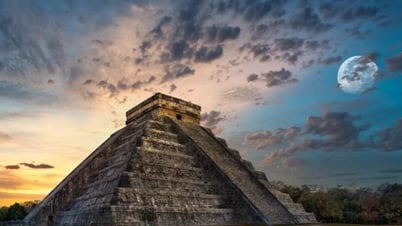

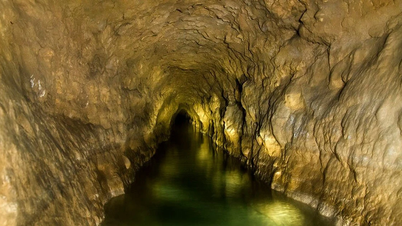
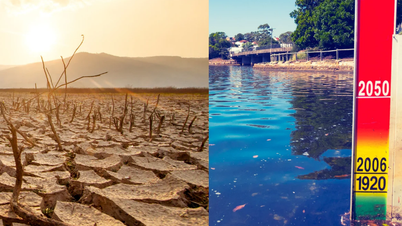
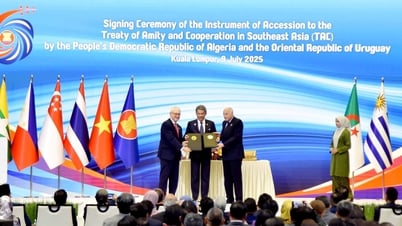













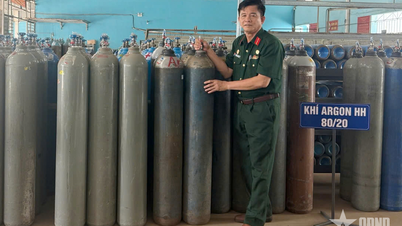


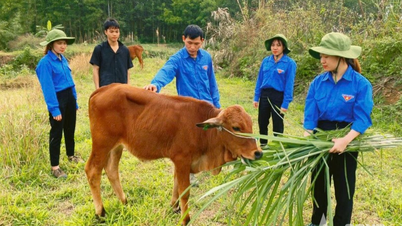
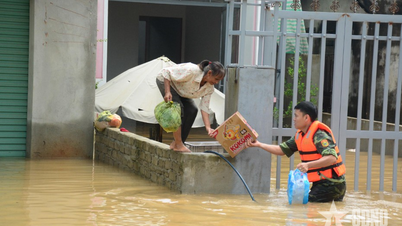
![[Photo] President of the Cuban National Assembly visits President Ho Chi Minh's Mausoleum](https://vphoto.vietnam.vn/thumb/1200x675/vietnam/resource/IMAGE/2025/10/1/39f1142310fc4dae9e3de4fcc9ac2ed0)
























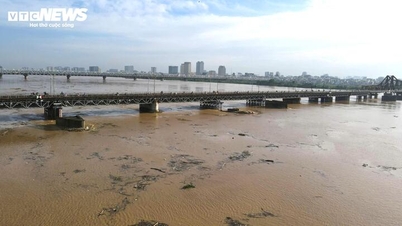















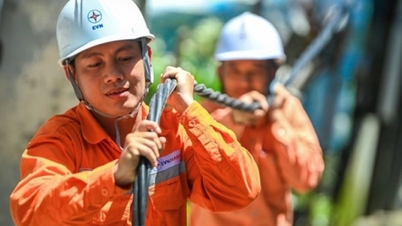

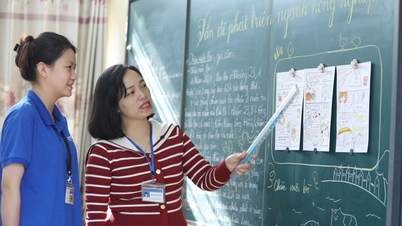

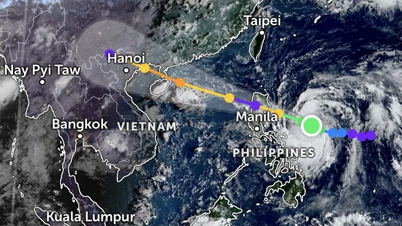

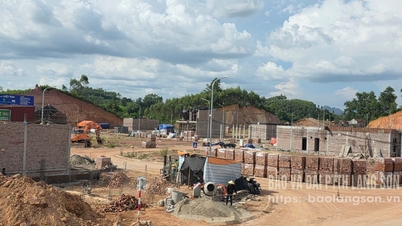
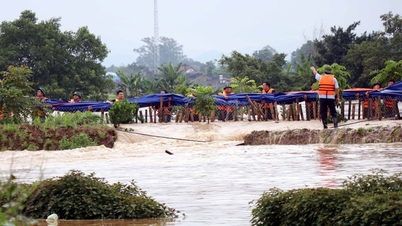
















Comment (0)